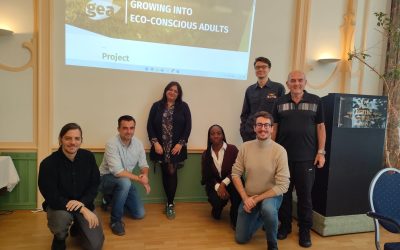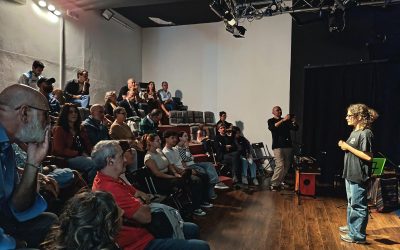Despite the ratification of important international conventions and European strategies on human rights, access to respectful and non-discriminatory healthcare remains a daily struggle for millions of women across Europe. Specifically, mothers with disabilities, who account for approximately 40 million women and girls in the EU, face barriers that go beyond physical challenges. Deeply ingrained prejudices within the health system question their parenting capacity, leading to discouraging attitudes or, in severe cases, coercive practices. Research into this critical intersection (disability and motherhood) is regrettably limited, and medical facilities often lack adequate accessibility and equipment. The ASSIST project was established precisely to bridge this gap. Working collaboratively with people with disabilities and their support networks, the project is actively committed to dismantling discrimination and barriers faced by mothers across Europe, directly contributing to the goals of the European Commission’s Strategy for the Rights of Persons with Disabilities 2021–2030.
Outcomes of the Dublin meeting: training and practical tools
The project’s recent progress, discussed during the consortium meeting in Dublin on 1 and 2 July 2025, focused on creating concrete tools for change. The consortium achieved an excellent result: the full development of the basic training course for healthcare professionals. The aim is to equip health practitioners with the knowledge necessary to promote respectful and modern services. The six course modules, currently being translated into Italian, are at the core of this mission, covering essential topics: from eliminating barriers to understanding the reproductive rights of women with disabilities, to the role of caregivers and the need to transform medical facilities into welcoming spaces. To ensure this knowledge reaches everyone, the team is making the materials more accessible and understandable by translating a summary of the initial research into all partner languages and creating clear infographics for online dissemination.
Engagement and impact on the ground: the information days
To translate these theoretical achievements into real-world impact, the ASSIST project is preparing to launch a series of at least four national information days in each of the partner countries. These events are crucial not only for increasing the project’s visibility, which is already supported by an active social media presence, but primarily to gather essential feedback directly from those on the front line: disability rights advocates, healthcare professionals, and policymakers. The goal is to involve a minimum of 50 online participants in each event, ensuring the project genuinely meets the needs on the ground.
About the project
ASSIST – heAlthcare incluSion of motherS wIth diSabiliTy is a project funded by ERASMUS+, European Commission.
Partners
- Make Mothers Matter EU Delegation (Belgium, coordinator)
- Ethniko Kai Kapodistriako Panepistimio Athinon (Greece)
- Università degli Studi di Torino (Italy)
- Università degli Studi di Salerno (Italy)
- Ethniki Synomospondia Atomon Me Anapiria Esam (Greece)
- Research Innovation and Development Lab (Greece)
- Symplexis (Greece)
- ReadLab Brussels (Belgium)
- CESIE ETS (Italy)
- Redial Partnership Company Limited by Guarantee (Ireland)
For further information
Read more about the project.
Contact Ritti Soncco: ritti.soncco@cesie.org.









